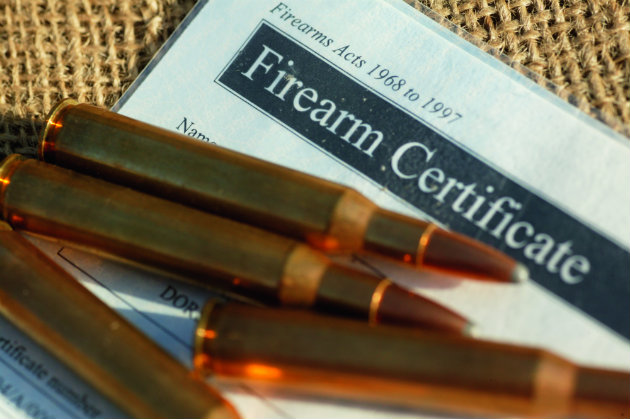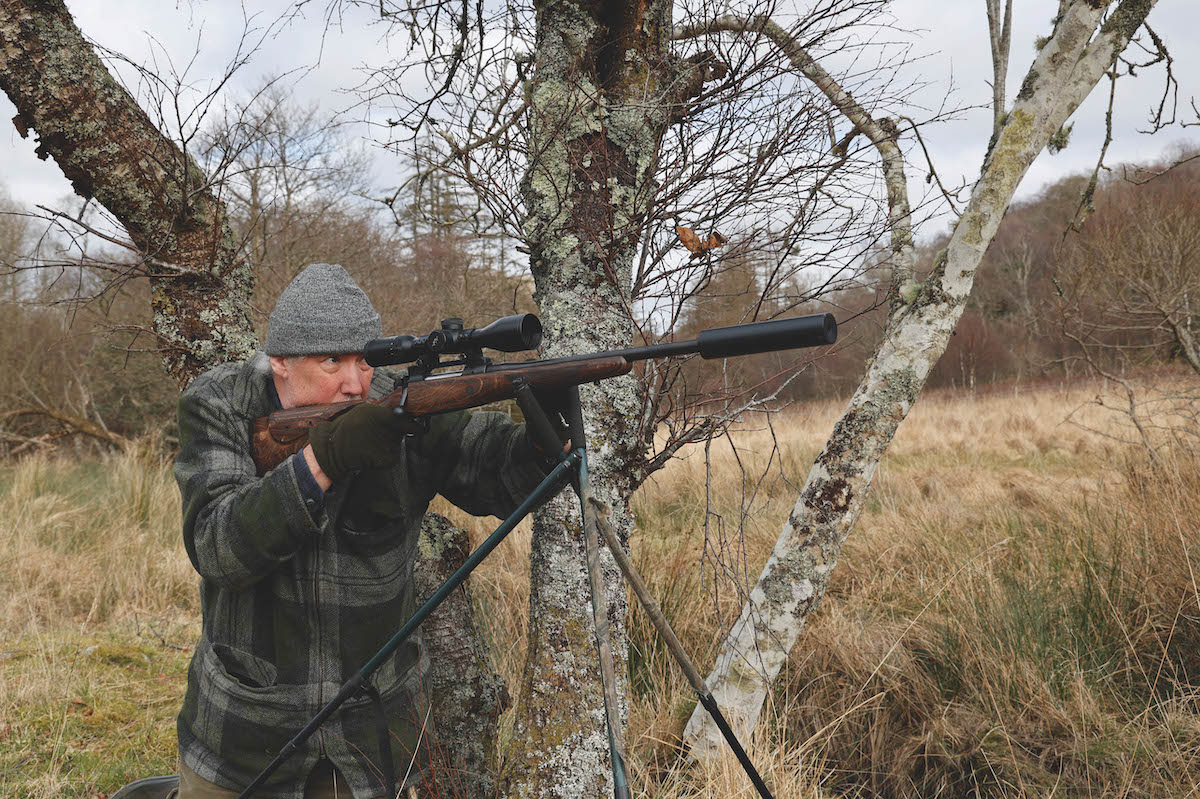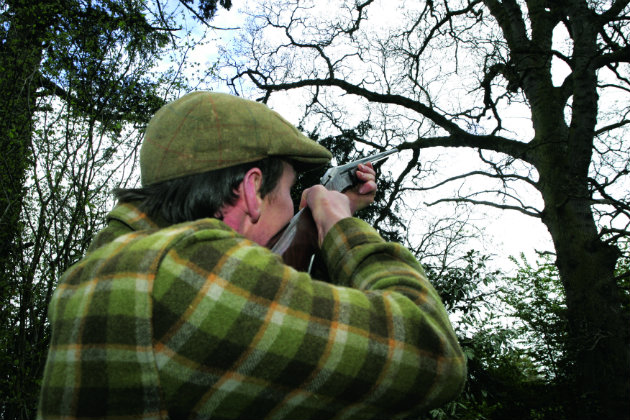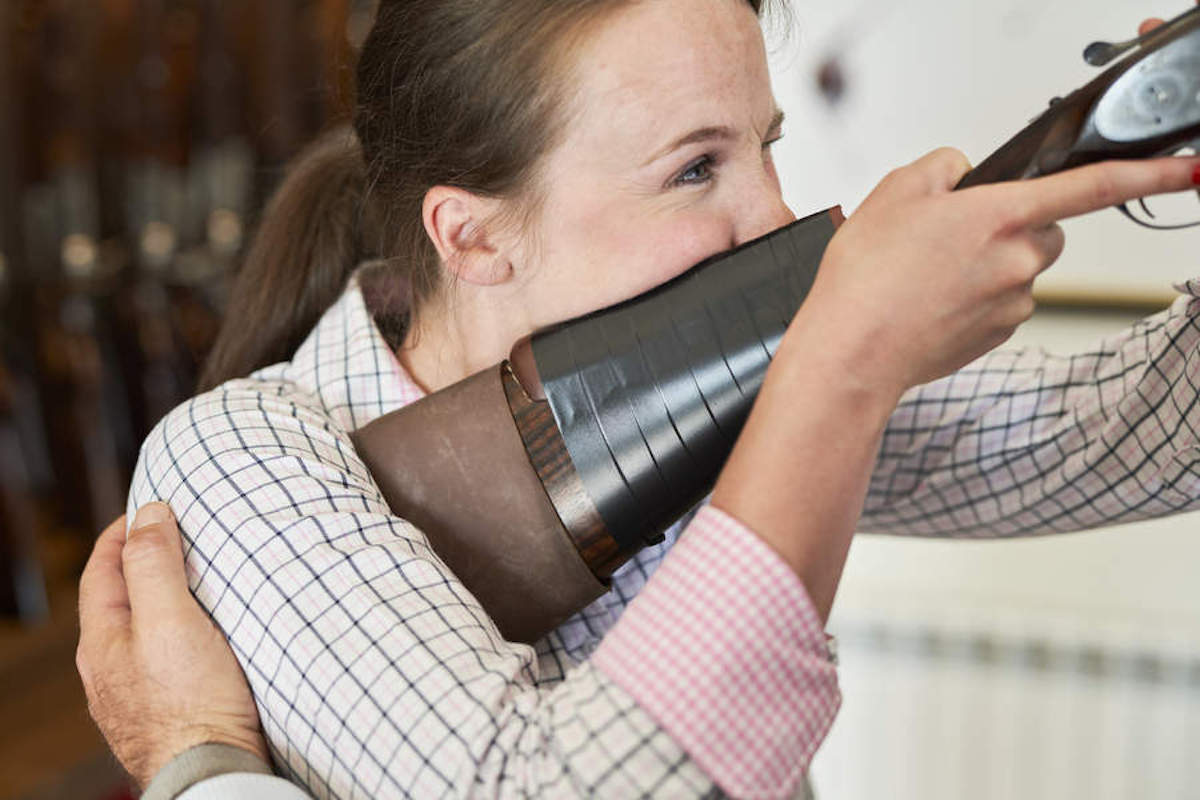Revoking a firearms certificate: Alasdair Mitchell comments
Where public safety is concerned, police can seize guns on an allegation alone; it’s understandable but it does tilt the odds against legal shooters, writes Alasdair Mitchell

Like it or not, society has decided that those of us with legally held firearms should not be allowed the full rights of a free-born citizen, as first enshrined in this country by the Magna Carta in 1215.
I am not a lawyer. In discussing the intricacies of firearms licensing practice, my observations are made as a layman and ordinary certificate holder. Like most of us, I have never had any problems with the police.
Revoking a firearms certificate
The law gives chief police officers powers of revoking a firearms certificate if they believe you cannot be permitted to hold firearms without a risk to public safety. The police can seize your guns on the basis of no more than an allegation. Typically, they will grab first and ask questions later. You can, perhaps, see why the law enables them to do so, given the potential consequences of acting too late.
The police should conduct an internal inquiry before deciding whether to go ahead and actually revoke. But the precise nature of this inquiry is left to the discretion of officers. And they make their decision based on the civil law test — that is, a balance of probabilities. In essence, if somebody makes an allegation against you, the police will assess whether it is more likely than not to be true. Furthermore, they will invariably take a precautionary approach. Let’s face it, the police won’t be blamed by the general public for being too strict on firearms matters — only for being too lax. So the odds are tilted.
A further tilt comes with allegations of domestic violence. It is generally held that incidents of domestic violence and coercive behaviour are under-reported. Given this, the police may well ‘play safe’ when considering such reports. Again, the consequences for the police of getting it wrong are asymmetric.
If you do end up with the police revoking a firearms certificate of yours, as opposed to merely surrendered, the police have to tell you why and you are entitled to appeal. But at this stage, the reasons for revocation may be pretty broad-brush, without detailed supporting evidence.
Going to court
And in order to appeal you have to go to court. The police themselves cannot simply reinstate a certificate once it has been formally revoked.
You could represent yourself in court, but that’s not advisable. Yet legal representation costs money. And here’s a really big problem: if you go to court and lose, you may end up paying costs for the police as well as for yourself. But even if you win, you are unlikely to recover your own costs. The court generally feels that the police should not be deterred from trying to uphold public safety. It won’t award costs against the police unless you can prove they were being utterly unreasonable or acting in bad faith.
For the police, an appeal against revoking a firearms certificate is normally a one-way bet. And this may be why legal expenses insurance is so often found to be useless. Insurance companies are businesses and they may be reluctant to take on a claim unless they have a good chance of both winning and recovering costs.








